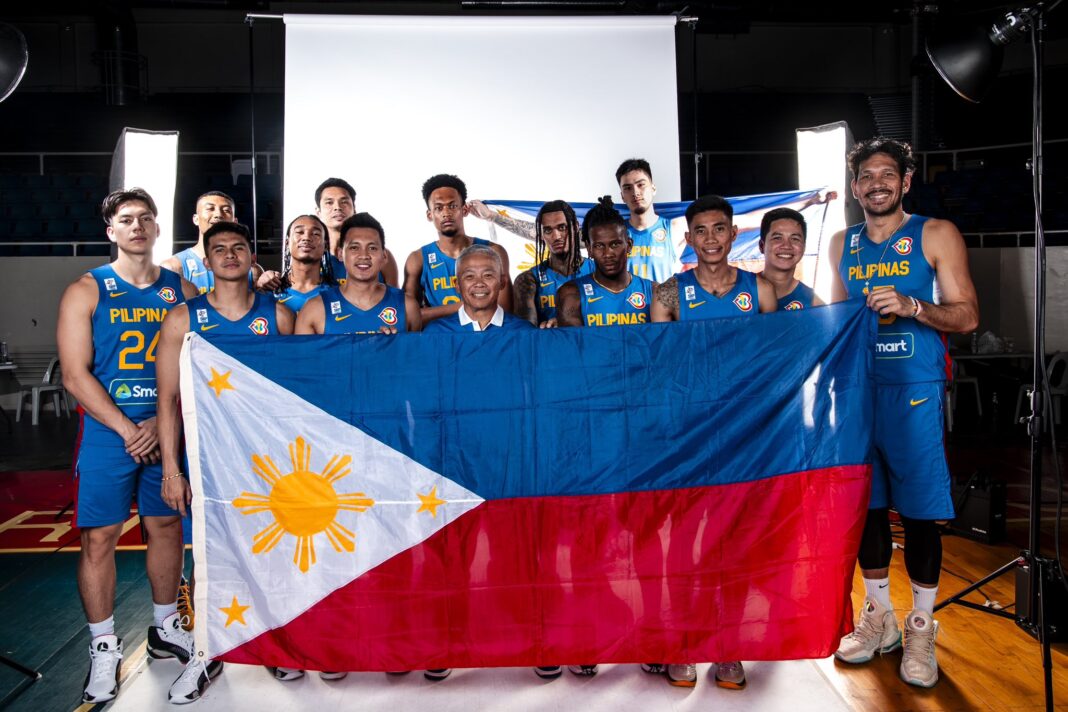 The recent performance of Gilas Pilipinas in the FIBA World Cup, where they finished 24th out of 32 teams with just one win in five games, should serve as a stark reminder of our nation’s basketball limitations. This sobering reality raises crucial questions about our national sports priorities and the neglect of other athletic talents.
The recent performance of Gilas Pilipinas in the FIBA World Cup, where they finished 24th out of 32 teams with just one win in five games, should serve as a stark reminder of our nation’s basketball limitations. This sobering reality raises crucial questions about our national sports priorities and the neglect of other athletic talents.
Basketball is undoubtedly ingrained in our culture, tracing its roots back to the American colonial period. It’s played in nearly every corner of the country, often in makeshift courts with makeshift hoops. Yet, despite this widespread adoration, we find ourselves struggling to make a mark on the international stage. The sport that is so deeply woven into our national fabric is failing to bring us the global recognition we crave.
The Philippines has long touted itself as a basketball powerhouse in Southeast Asia and even as one of the elite teams in Asia. However, Gilas Pilipinas’ recent performance underscores the stark contrast between our basketball obsession and our slipping regional and global competitiveness. Our national team, no matter how passionate or skilled its players may be, remains a David facing off against basketball Goliaths from Western and African nations. In the recent World Cup, Filipinos were simply outclassed by the Dominican Republic, Angola, Italy, and South Sudan. It’s a painful reminder that our devotion to basketball alone won’t guarantee our success in international competitions.
The irony of the situation lies in the fact that while the Philippines pours its heart and soul into basketball, other sports where our athletes have excelled are often overshadowed. Take, for instance, the incredible feat of EJ Obiena in pole vaulting. Obiena’s remarkable journey to becoming the world’s second-ranked pole vaulter, just behind the legendary Armand Duplantis, deserves widespread recognition and support. Yet, his achievements often go unnoticed amidst the nation’s basketball frenzy.
Our most successful athletes are emerging from disciplines outside the realm of basketball, challenging the prevailing notion of basketball as the Philippines’ sole sporting identity. Leading this charge is the trailblazing weightlifter Hidilyn Diaz, whose historic Olympic gold medal victory marked a monumental shift in the country’s sports landscape. Diaz’s achievement not only shattered records but also broke the long-standing gold medal drought, symbolizing a new era of athletic excellence in the Philippines.
In the wake of Diaz’s groundbreaking triumph, other Filipino athletes have continued to carve their names onto the global stage. Silver medalists Nesthy Petecio and Carlo Paalam, as well as bronze medalist Eumir Marcial, exemplify the Philippines’ prowess in Olympic-style boxing.
Just this year, the Philippine national women’s football team achieved a historic milestone by securing its first-ever victory in the FIFA Women’s World Cup. This significant win, achieved by defeating co-host nation New Zealand with a 1-0 score, symbolizes the untapped potential of women’s football in the Philippines. Beyond its immediate impact, this victory serves as an inspiration for young female athletes nationwide, encouraging them to pursue excellence in sports. It underscores the significance of diversifying our sports investments and providing equal opportunities across various disciplines, unveiling the diverse talents and achievements that can flourish when given the chance.
In light of these remarkable achievements, it becomes increasingly evident that the Philippines boasts a wealth of sporting talent across a wide spectrum of disciplines. It is high time for the nation to broaden its horizons, moving away from an exclusive basketball obsession. By embracing the full range of sports, the Philippines can unlock the potential of its athletes, allowing them to excel on the international stage and bring unparalleled pride to the nation.
The Philippines must stop pretending to be a nation of basketball Goliaths and instead focus on nurturing talents and investing in sports where we can genuinely excel on the global stage. The era of pigeonholing the country’s sporting identity to basketball must come to an end.













